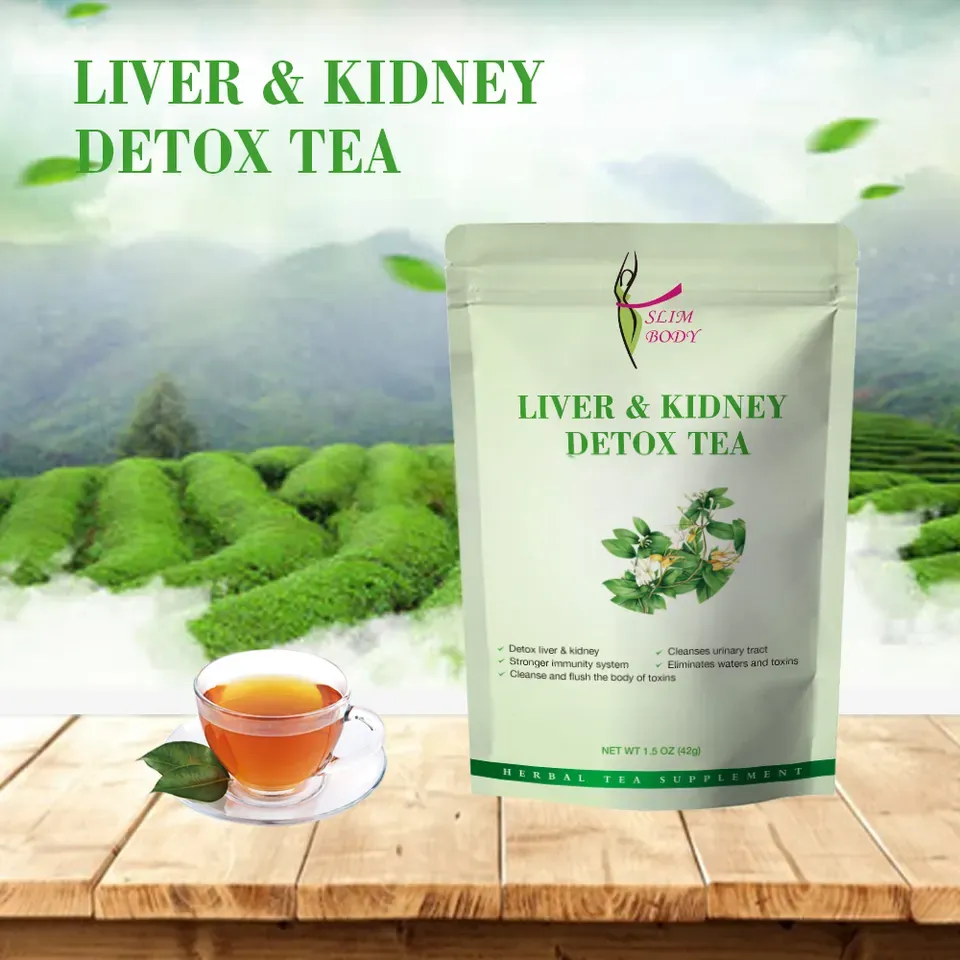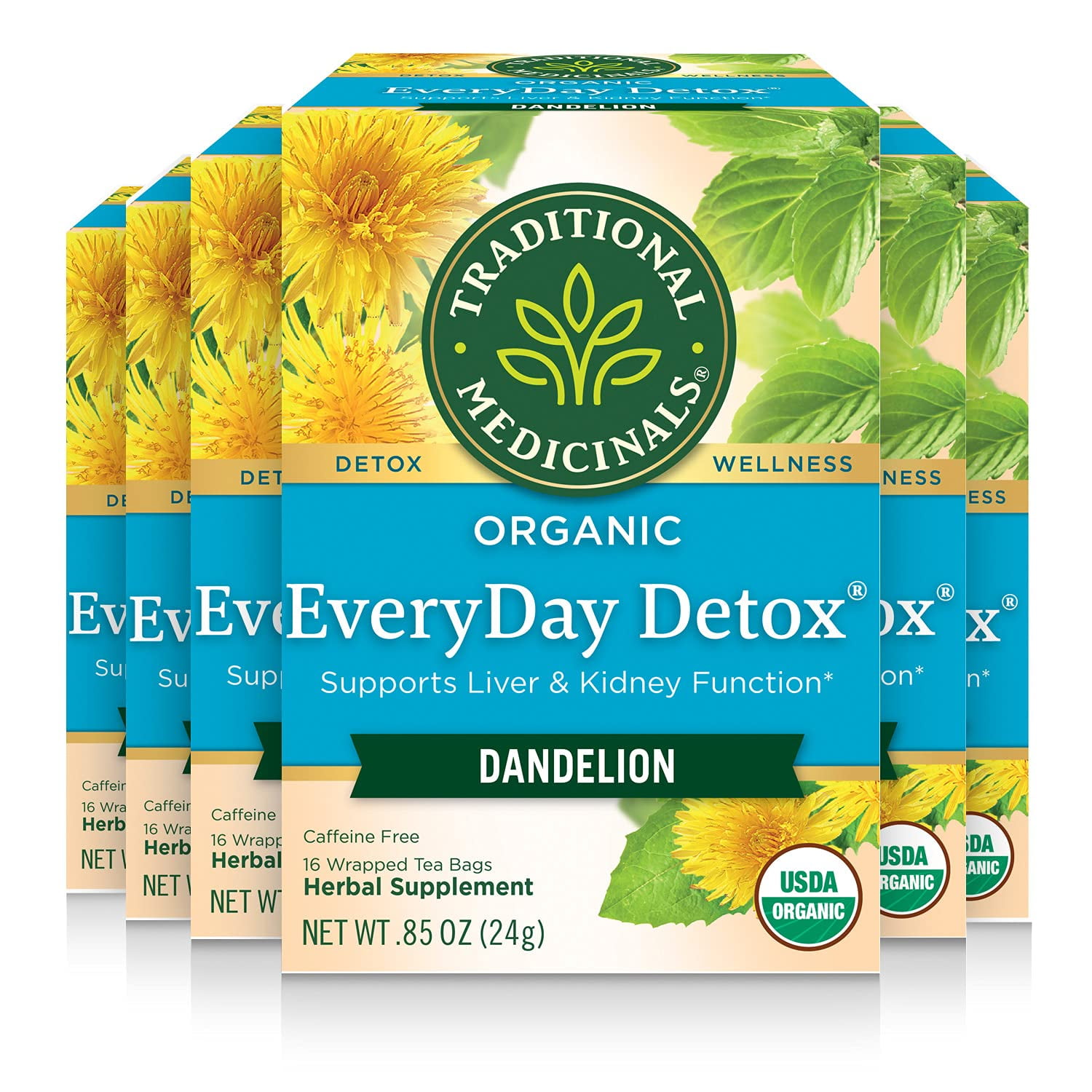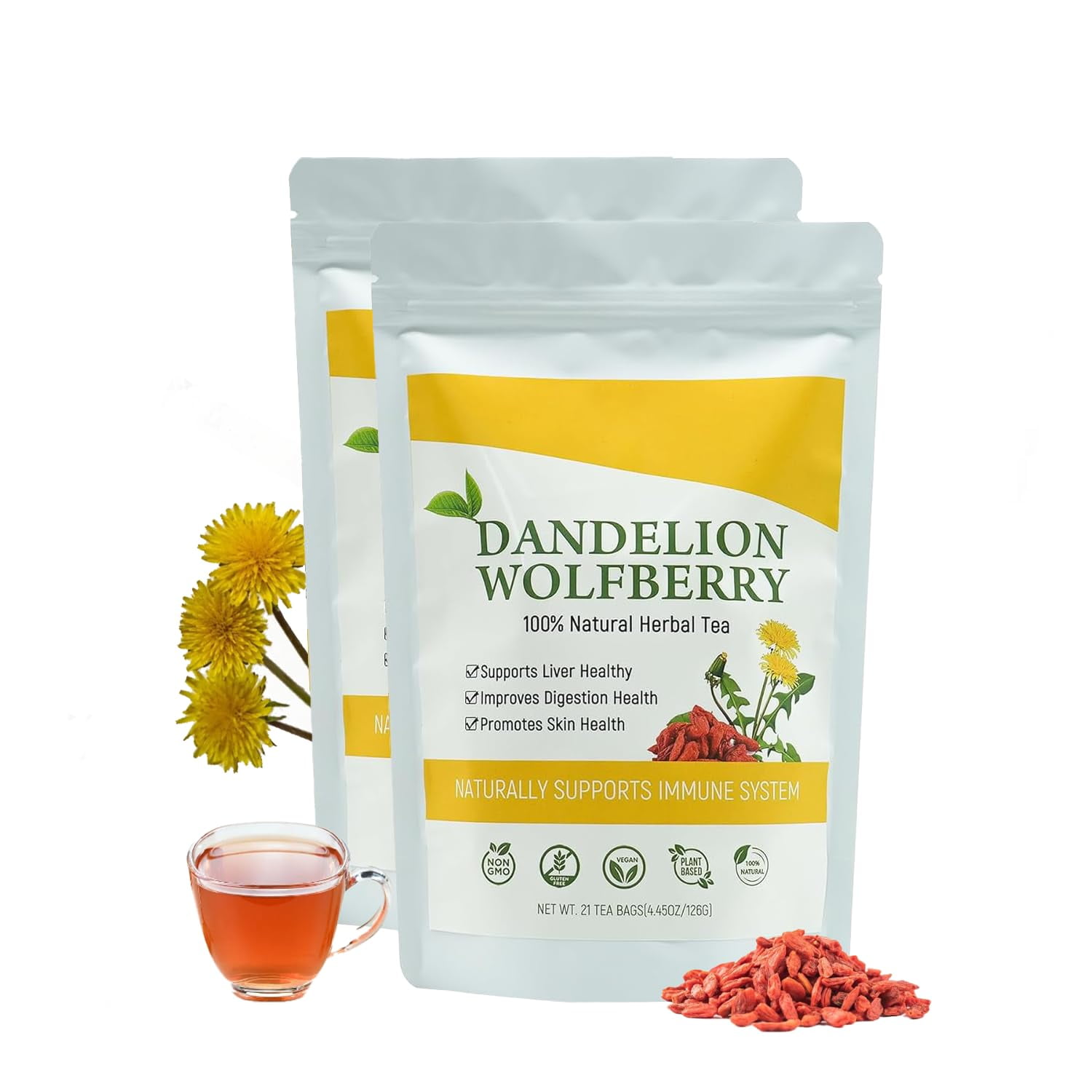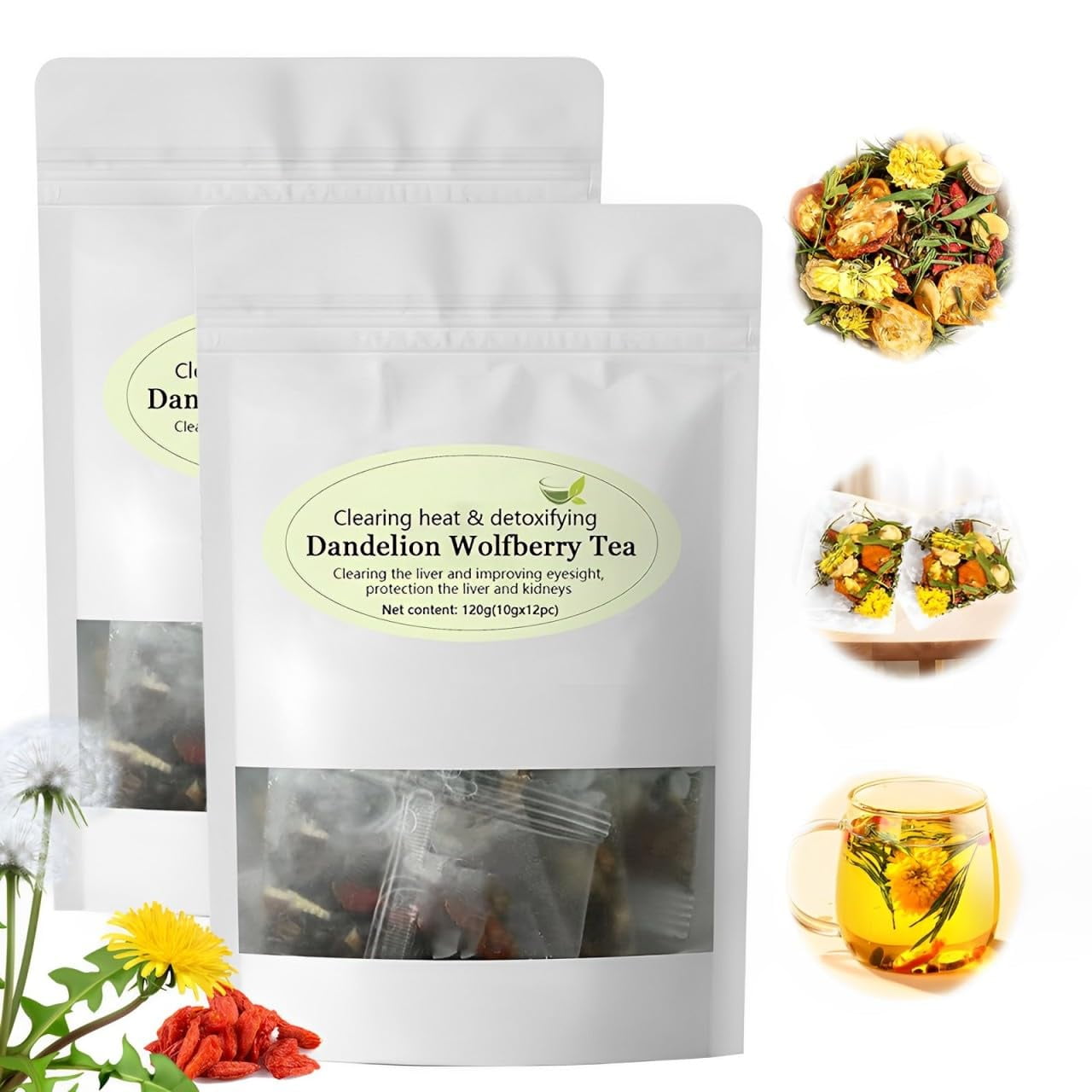Teas For Kidney And Liver Health

The silent epidemic of kidney and liver disease affects millions worldwide, often progressing unnoticed until irreversible damage occurs. With conventional treatments sometimes falling short or carrying significant side effects, many are turning to complementary therapies, including the ancient practice of using herbal teas. But does sipping on these brews truly offer tangible benefits, or is it merely wishful thinking fueled by clever marketing?
This article delves into the science behind teas touted for kidney and liver health, examining the evidence, separating fact from fiction, and exploring the potential risks and benefits. We'll explore the specific compounds within these teas, scrutinize existing research, and consult with medical professionals to provide a balanced and informed perspective on the role of herbal teas in supporting these vital organs.
The Kidney-Tea Connection
Kidneys filter waste and excess fluid from the blood, maintaining electrolyte balance and producing hormones. Certain teas are believed to support these functions through various mechanisms. But it's crucial to remember that tea should never replace prescribed medication or medical advice from a qualified healthcare provider.
Dandelion Root: Diuretic Debate
Dandelion root tea is often touted as a natural diuretic, increasing urine production and potentially aiding in waste removal. Studies, such as those published in the Journal of Alternative and Complementary Medicine, have shown dandelion to increase urination frequency. However, this effect can be problematic for individuals with pre-existing kidney conditions, potentially leading to dehydration or electrolyte imbalances, according to the National Kidney Foundation.
Moreover, the diuretic effect hasn't been conclusively linked to improved kidney function in clinical trials. Always consult a doctor before using dandelion root, especially if you have kidney problems.
Ginger: Anti-Inflammatory Agent
Ginger, a common ingredient in many teas, possesses potent anti-inflammatory and antioxidant properties. Inflammation can contribute to kidney damage, and ginger may help mitigate this process. Research in the journal Renal Failure suggests that ginger can protect against kidney damage induced by certain toxins in animal models.
While promising, human studies are limited, and more research is needed to confirm these benefits and establish safe dosages. The Mayo Clinic advises caution when using ginger in large quantities, especially for individuals taking blood thinners.
Nettle Leaf: Potential for Kidney Stone Prevention?
Nettle leaf tea is traditionally used to support kidney health, potentially preventing kidney stone formation. Some studies suggest that nettle can help reduce calcium oxalate crystal formation, a primary component of kidney stones. However, the evidence is preliminary, and more rigorous clinical trials are needed to determine its effectiveness in preventing kidney stones in humans.
Furthermore, nettle can interact with certain medications, so consulting a healthcare professional before using it is essential. Its effectiveness as a primary treatment for existing kidney stones remains unproven.
Liver-Loving Teas: Detox or Deception?
The liver, the body's primary detoxification organ, processes nutrients, filters blood, and produces bile. Certain teas are marketed as liver cleansers, promoting detoxification and improving liver function. However, the concept of "detoxification" is often misused and misunderstood. The liver is already equipped to handle detoxification; the goal is to support its natural processes.
Milk Thistle: The Most Studied Herb
Milk thistle, containing the active compound silymarin, is arguably the most well-researched herb for liver health. Silymarin possesses antioxidant and anti-inflammatory properties and may protect liver cells from damage. Numerous studies, including those published in the journal Hepatology, suggest that milk thistle may be beneficial for individuals with liver diseases such as cirrhosis and hepatitis.
However, the effectiveness of milk thistle can vary depending on the quality and dosage of the supplement. It's crucial to choose a reputable brand and consult with a doctor to determine the appropriate dosage for your specific condition.
Green Tea: Antioxidant Powerhouse
Green tea is rich in antioxidants called catechins, which can protect the liver from damage caused by free radicals. Studies, including those from the National Institutes of Health (NIH), have shown that green tea consumption is associated with a reduced risk of liver disease. However, excessive consumption of green tea extract, particularly in concentrated supplement form, has been linked to liver toxicity in rare cases.
Therefore, moderation is key when incorporating green tea into your diet. Opt for brewed green tea rather than concentrated supplements, and be mindful of the overall caffeine intake.
Licorice Root: Proceed with Caution
Licorice root tea is sometimes used to support liver health, but it's crucial to exercise caution due to its potential side effects. Licorice contains glycyrrhizin, which can cause sodium and water retention, leading to increased blood pressure and potassium depletion. The World Health Organization (WHO) recommends limiting glycyrrhizin intake to avoid adverse effects.
Individuals with hypertension, heart disease, or kidney problems should avoid licorice root tea. Always consult a healthcare professional before using licorice root, especially if you have pre-existing medical conditions or are taking medications.
Important Considerations and Cautions
While certain teas may offer potential benefits for kidney and liver health, it's crucial to approach them with caution and consult with a healthcare professional. Herbal remedies are not without risk, and they can interact with medications or exacerbate existing conditions. The Food and Drug Administration (FDA) does not regulate herbal supplements as strictly as pharmaceuticals, so product quality and purity can vary.
It's also important to remember that teas are not a substitute for a healthy lifestyle, including a balanced diet, regular exercise, and avoiding excessive alcohol consumption. If you have concerns about your kidney or liver health, seek medical advice from a qualified healthcare provider.
The Future of Tea and Organ Health Research
Research into the potential benefits of teas for kidney and liver health is ongoing. Future studies will likely focus on identifying the specific compounds responsible for these effects, determining optimal dosages, and conducting larger, more rigorous clinical trials. As our understanding of the interplay between herbal remedies and organ function grows, we may uncover new and effective strategies for supporting kidney and liver health. For now, moderation, informed choices, and consultation with healthcare professionals remain paramount.


















